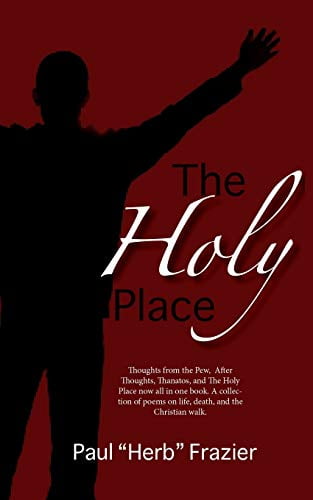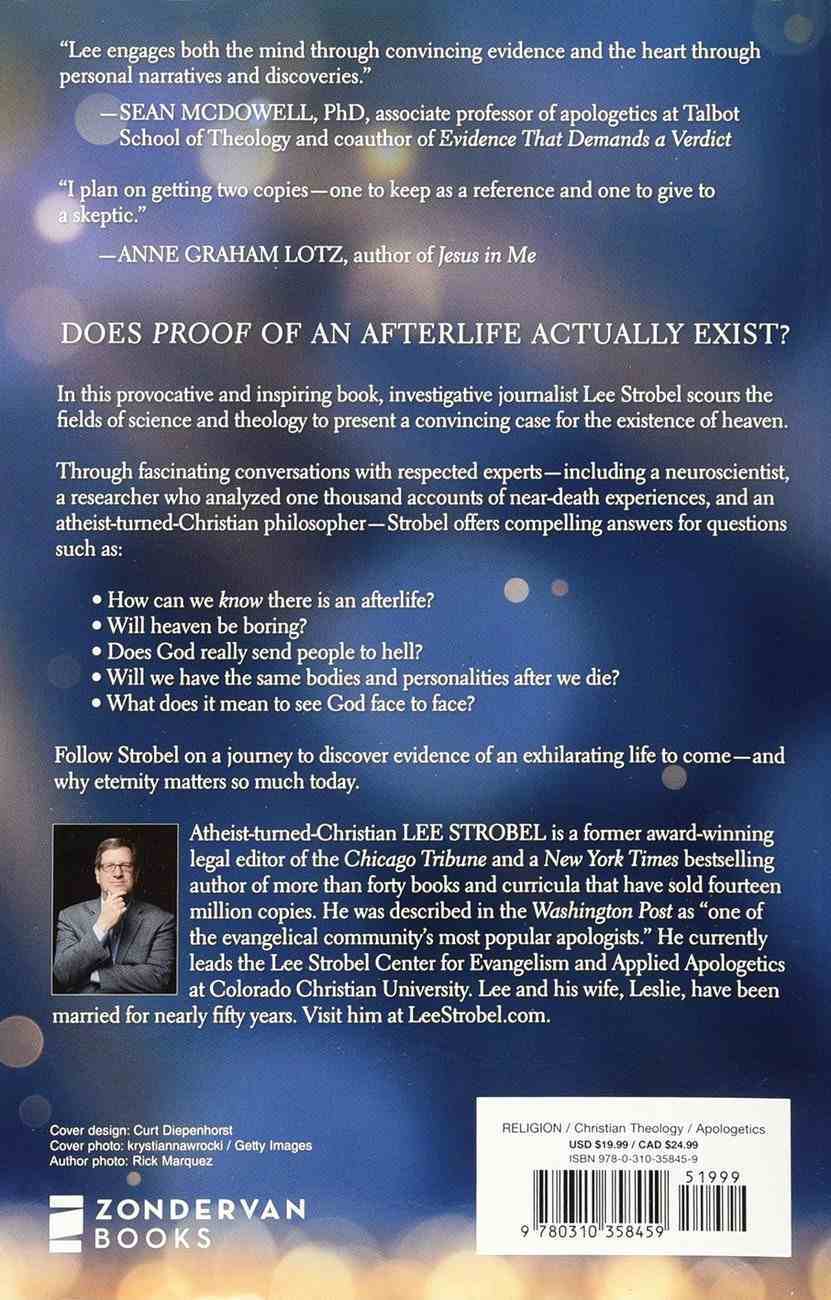


This work will be of benefit both to the Orthodox Christian reader in enhancing their own understanding of the Church's teaching, and to Roman Catholics, Protestants, and others who desire to become acquainted with the fullness of the Christian tradition on death and the afterlife. Drawing on some of the most powerful theories and trends in physics, evolutionary biology, science, philosophy, and psychology, D'Souza shows why the atheist critique of immortality is irrational and draws the striking conclusion that it is reasonable to believe in. He notes that some divergences between eastern and western traditions have existed since the fifth century and argues that these became of much greater importance after the twelfth century, when the Roman Catholic Church developed the notion of Purgatory. Unlike many books about the afterlife, Life after Death makes no appeal to religious faith, divine revelation, or sacred texts. Imagining the beauty of heaven can be of great comfort at a time of grief, offering hope that life after death is not just a wish but a promise fulfilled. The reader will gain understanding of both the time and modalities of the bodily resurrection, the nature of the Particular and the Universal judgments, and of the Church's intercessory prayer for the departed. When we contemplate the afterlife, we might imagine a paradise of angels and loved ones who have gone before us-a blissful place. French philosopher and patrologist Jean-Claude Larchet draws both from Scriptures and a multiplicity of early Christian writings, both Greek and Latin, in demolishing false conceptions such as reincarnation, whilst setting forth with clarity an authentically Christian understanding.

This book offers an accessible and well organized synthesis of the ancient Christian understanding of death and the afterlife.


 0 kommentar(er)
0 kommentar(er)
